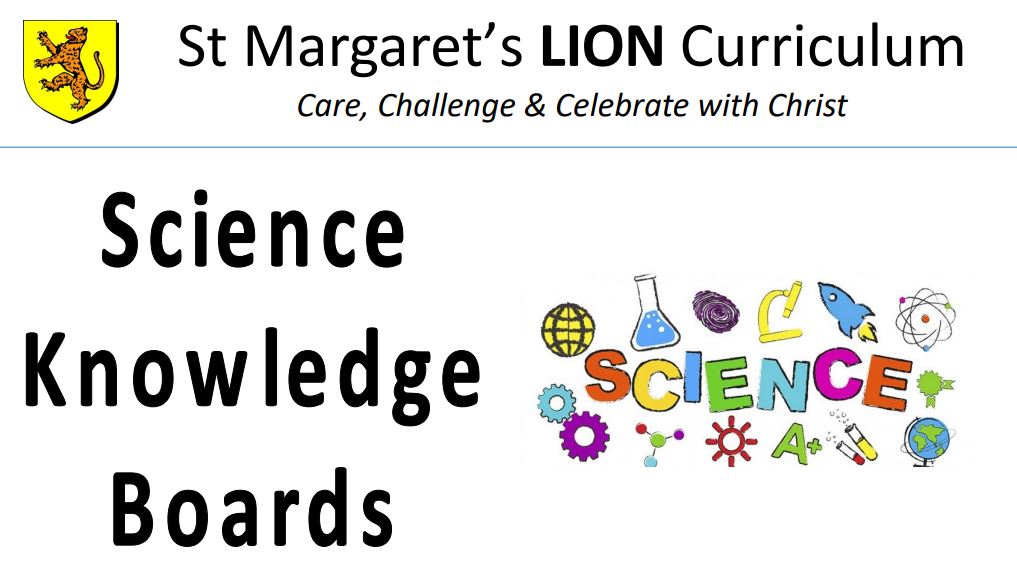Science Curriculum
a. Who leads this subject?
Science Subject Leader/Champion : Chantelle Malhi
Subject Team Governor: David Littlewood
Part of the STEM Curriculum Team.
Pupil Science Ambassadors: Connie, Zachary, Charlie and Lexi
Curriculum Design: Own curriculum supported by Plymouth Science CIC scheme
b. Science Curriculum Intent
Developed as part of our Ambition Institute specialist curriculum training:
At St Margaret’s CE Primary School, we aim to stimulate pupils' curiosity in science, to spark enquiry and to develop a greater understanding of the natural world around us. We inspire our pupils to become ambitious, young scientists. We build a culture where pupils are empowered to ask investigative questions and look at reasons behind processes, which could lead to new discoveries and inventions. Our pupils will be equipped with the scientific skills and specific knowledge to support them in understanding the implications of Science, today and for the future. We intend to provide our pupils with exciting opportunities to explore their local environment, for them to gain a deeper understanding of the importance of Science in society.
c. Science Units (Top Level Coverage)
d. Science Knowledge Boards
Some aspects of our teaching are single subject based but our integrated subject approach ensures that we have the National Curriculum Coverage.
Our knowledge boards have been designed by our curriculum team of experts and secures the coverage and progression through our school.
Science Knowledge Boards:
https://drive.google.com/drive/folders/1AilTfNHJKC5G6fz1G-IH9cxCRnSZ85To?usp=sharing
e. Spiritual, Moral, Social and Cultural education in Science
f. Science National Curriculum Purpose
A high-quality science education provides the foundations for understanding the world through the specific disciplines of biology, chemistry and physics. Science has changed our lives and is vital to the world’s future prosperity, and all pupils should be taught essential aspects of the knowledge, methods, processes and uses of science. Through building up a body of key foundational knowledge and concepts, pupils should be encouraged to recognise the power of rational explanation and develop a sense of excitement and curiosity about natural phenomena. They should be encouraged to understand how science can be used to explain what is occurring, predict how things will behave, and analyse causes.
g. Science National Curriculum Aims
Aims for the Science curriculum are to ensure that all pupils:
• develop scientific knowledge and conceptual understanding through the specific disciplines of biology, chemistry and physics
• develop understanding of the nature, processes and methods of science through different types of science enquiries that help them to answer scientific questions about the world around them
• are equipped with the scientific knowledge required to understand the uses and implications of science, today and for the future.









 Tweets by @smceps
Tweets by @smceps